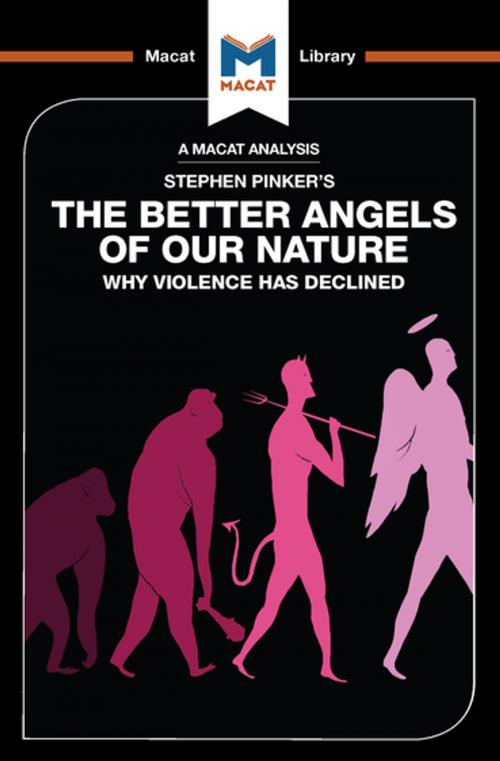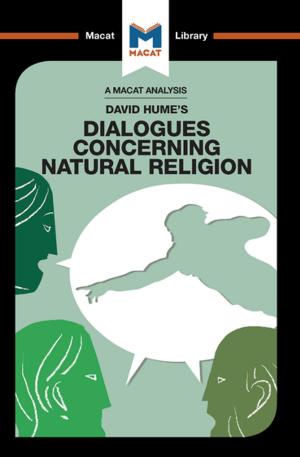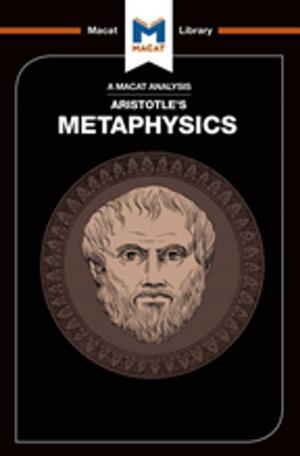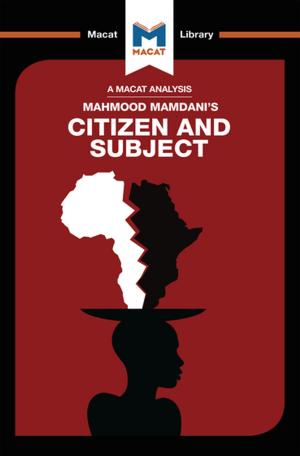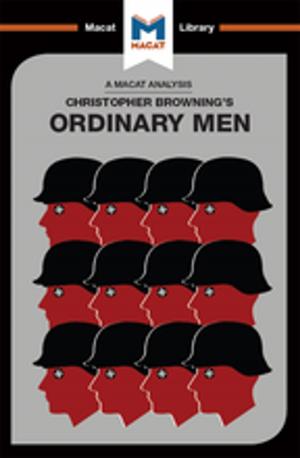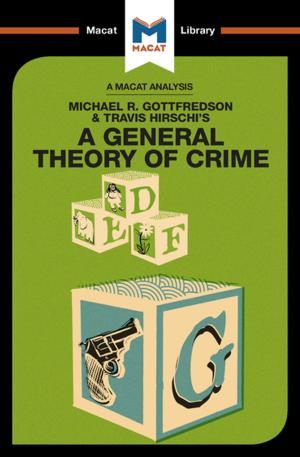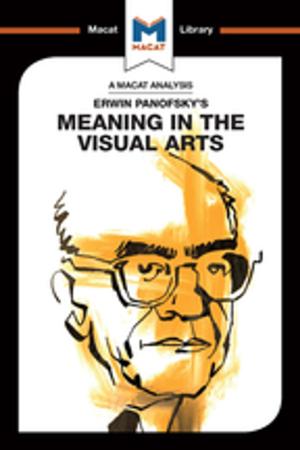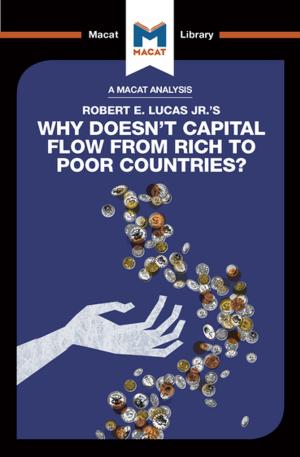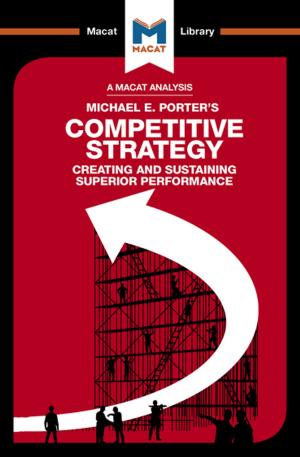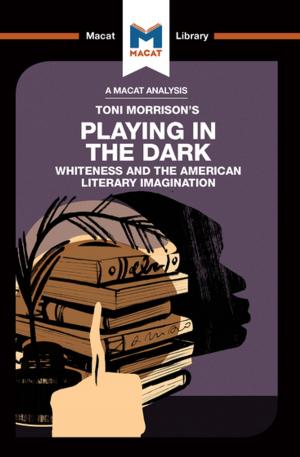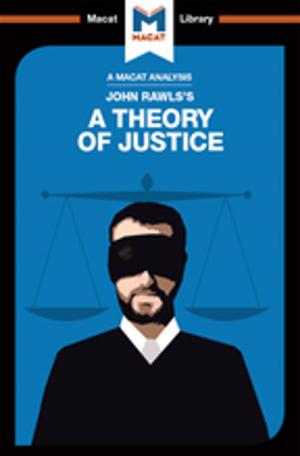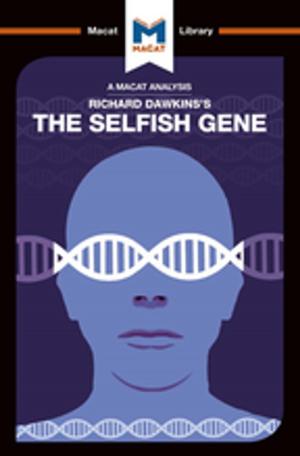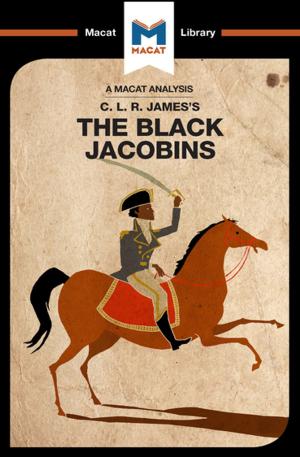The Better Angels of Our Nature
Why Violence has declined
Nonfiction, Health & Well Being, Psychology| Author: | Joulia Smortchkova | ISBN: | 9781351352963 |
| Publisher: | Macat Library | Publication: | July 5, 2017 |
| Imprint: | Macat Library | Language: | English |
| Author: | Joulia Smortchkova |
| ISBN: | 9781351352963 |
| Publisher: | Macat Library |
| Publication: | July 5, 2017 |
| Imprint: | Macat Library |
| Language: | English |
Reasoning is the critical thinking skill concerned with the production of arguments: making them coherent, consistent, and well-supported; and responding to opposing positions where necessary. The Better Angels of Our Nature offers a step-by-step class in precisely these skills. Author Steven Pinker's central thesis is simple: mankind has become increasingly less violent over the centuries, and will continue to do so. Pinker is aware, though, that many people instinctively believe the opposite, and Better Angels is devoted to marshalling data to support and illustrate this central argument, as well as a series of secondary arguments about how and why humanity has become less violent. Pinker's interpretative skills – understanding the meaning of the complex evidence from history – are also on display throughout, as he tackles the ambiguities of his data, the problems it presents, and the viable inferences one can draw from it.
Reasoning is the critical thinking skill concerned with the production of arguments: making them coherent, consistent, and well-supported; and responding to opposing positions where necessary. The Better Angels of Our Nature offers a step-by-step class in precisely these skills. Author Steven Pinker's central thesis is simple: mankind has become increasingly less violent over the centuries, and will continue to do so. Pinker is aware, though, that many people instinctively believe the opposite, and Better Angels is devoted to marshalling data to support and illustrate this central argument, as well as a series of secondary arguments about how and why humanity has become less violent. Pinker's interpretative skills – understanding the meaning of the complex evidence from history – are also on display throughout, as he tackles the ambiguities of his data, the problems it presents, and the viable inferences one can draw from it.
